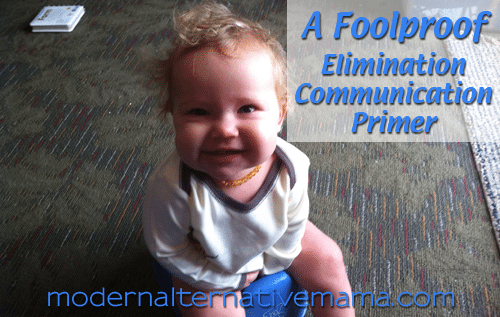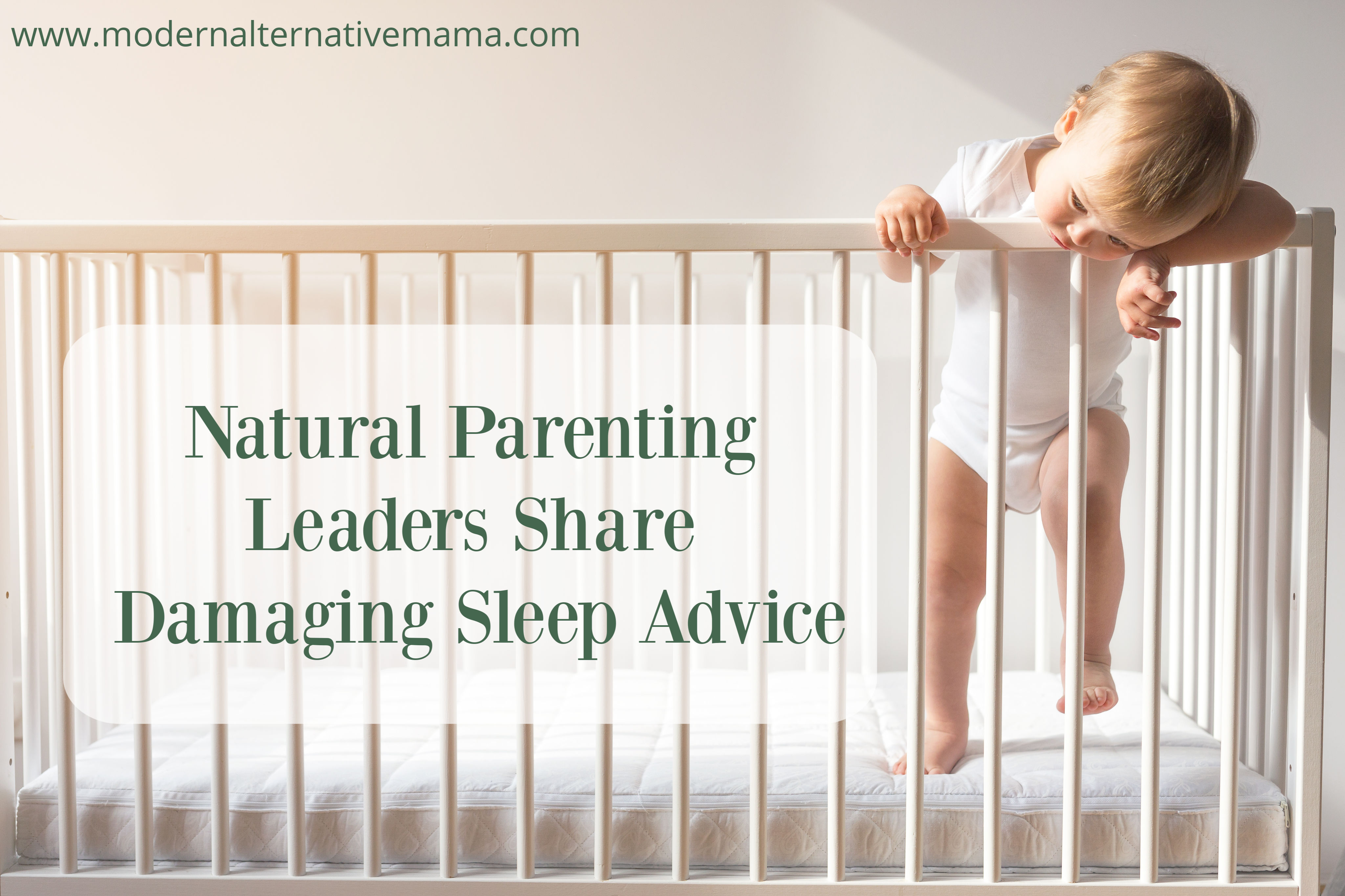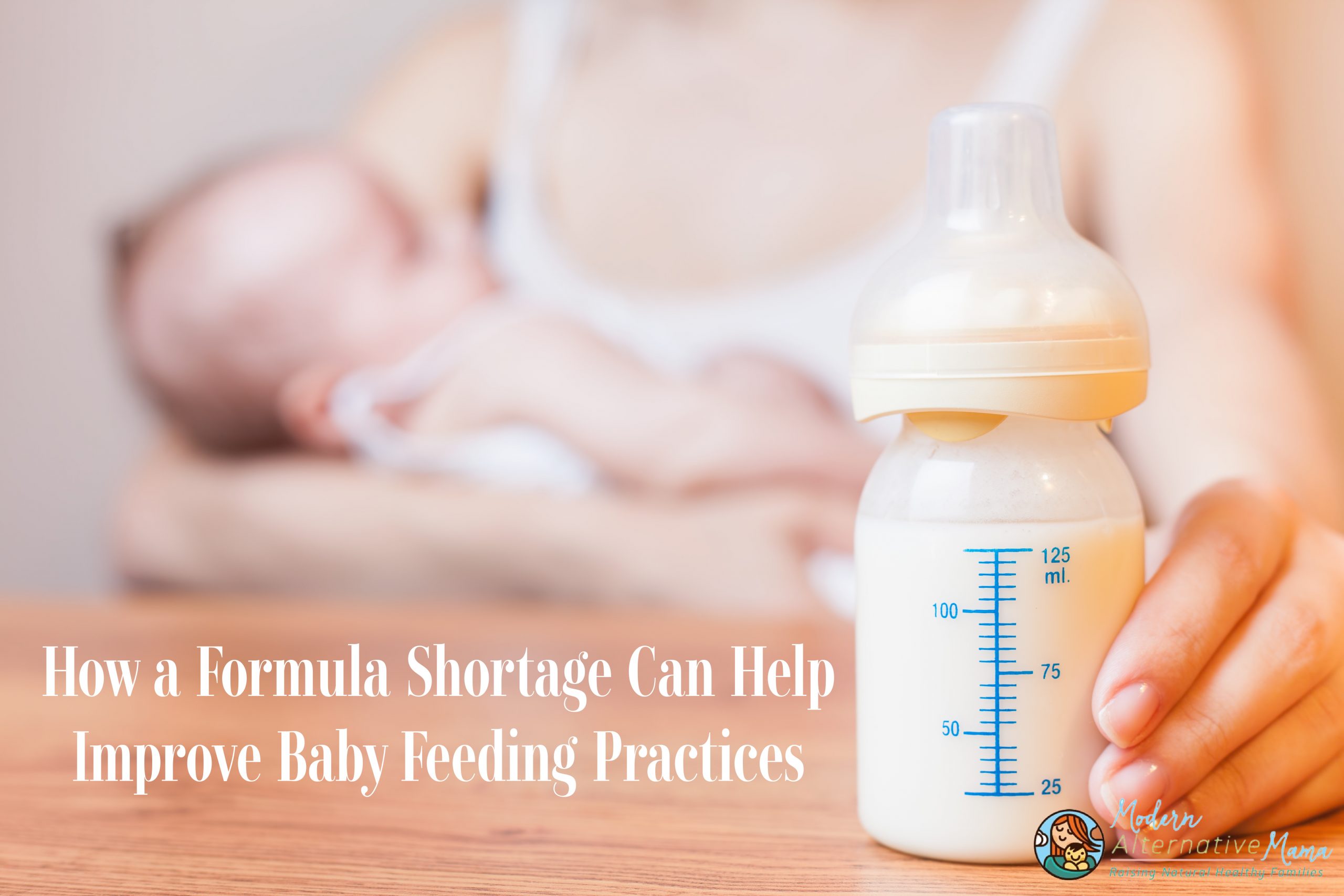Diaper free babies… the concept sounds crazy (and messy). Is it a joke? A passing fad? The name for this “diaper free fad,” is elimination communication, and it’s anything but passing. Humans have been using it for ages. Our babies, like animal babies, want to avoid “soiling the nest.” And your baby gives cues for going potty just like he or she gives cues for breastfeeding and for being tired.
EC Basics
Elimination communication, called “EC” for short, can involve ditching diapers, but that’s not what it’s about. EC focuses on honoring your baby’s instincts to stay clean and dry. It’s respectful of your baby’s dignity. Plus you avoid training your little one to use diapers as a toilet for 3-4 years of his or her life.
You can use diapers as a backup, and EC doesn’t involve letting your baby go on everything. You and baby communicate in various ways, through timing, facial expressions, fussing, or just plain “mother’s intuition.” The end goal is to have your baby wearing undies and using the bathroom, so that’s what you encourage.
Steps to a Foolproof Start
Intrigued? Your baby communicates when he or she needs to nurse, so it’s simple to acknowledge that he or she has a desire to stay clean and dry. The thought of actually doing elimination communication is often intimidating to tired mamas and daddies, however. How are you supposed to be “intuitive” about this in a culture full of disposable diapers and denial that our babies have any control at all?
It’s okay…intuition is optional 🙂 As you get going with EC I think you will start to pick up on some intuitive cues, but for now, don’t worry about it. Timing is your friend 🙂
“Timing” simply means offering your baby a chance to go potty when it’s likely that he or she needs to go. It’s a super-simple way to build your confidence with EC, and it works no matter how old your baby is.
When to Offer
The easiest time to start is when your baby wakes up in the morning or from a nap. If your baby is sitting independently, you can use a small potty. Just put your baby on the potty and make a “cue” noise (“pssss,” a water sound, is a universal favorite). Most little ones will go. If your baby is still in-arms you can hold him or her over the potty, sink, toilet, or even something like a mixing bowl. Just cue, then wash and rinse when you’re done!
You can offer this potty chance even if your baby’s diaper is wet. Chances are he or she needs to go again because the bladder tends to empty in spurts upon waking.
Offer your little one another chance to potty after a nursing session (generally if baby is fussy it’s best to nurse first, potty later). Some babies will go during a nursing session, but most wait. You can pay attention to your baby for a few days to figure out when after nursing he or she goes. Some babies go right away, some wait 10-20 minutes. Remember to offer your baby a potty chance even if you discover you’ve missed a pee. It helps build an association for your baby (who is, after all, an intelligent little person).
Getting ready to leave or just arriving home? These are two great times to offer your baby a potty chance. When you’re loading or unloading your baby from a baby carrier (or stroller, bouncy seat, etc.) are also good times.
You’ll always remind your child to go to the bathroom before you leave, so it’s a great habit to start now (again, offer even if you find a wet diaper). Many babies actually hold it while out or while in a baby carrier, especially if you’ve been doing some elimination communication.
Bath times offer another great chance for a bathroom break. You’re already in the bathroom! Give your little one a chance to sit on the potty just before and after the bath.
It’s always a good idea to offer the potty during diaper changes. As I noted above, babies sometimes go in spurts and his or her bladder won’t be empty (or she’ll be ready to go again).
As you offer potty chances to your baby using timing, you also start to notice “signs/cues” (especially for poops, which may be really obvious). Take your baby potty when you notice these – just stay relaxed and carry your baby to the potty place. You can offer even if you miss (and don’t sweat it if baby doesn’t go). Picking up on cues and intuition may not feel natural at first, but your confidence grows and your baby gets better at communicating with you over time 🙂
It’s a win-win for both of you: fewer diapers and easier clean-ups for you, and respect and dignity for your baby.
Interested in more about the basics of EC? Click here for my complete introduction to elimination communication.
Have you tried elimination communication with your little ones? We would love to hear your experiences in the comments!
SaveSave







Great ideas! We tried EC with our oldest one. She was using the potty SO well by 1 year old. Then we moved and had a baby and we just couldn’t keep up with it. I think it is great learning your child’s cues and us realizing how smart our babies really are.
any tips on little boys and aim? We’ve got the pooping part down, but when he pees it goes everywhere… We’re just starting (he’s 2 weeks old), but I’d like to eliminate as much mess as possible. Heaven knows I don’t have a whole lot of time for extra cleaning!
Joy, I’ve found that using a light touch with a single finger works very well to “aim” baby boys who are still being pottied in arms. Just use your finger to keep the stream flowing down towards your potty / sink / container!
I did something similar with my kids. As newborns I started with a Texas Tea Cup. The posture that putting them on here forced was enough to produce results always and immediately. Once they were sitting on their own we had a snap on toilet seat and upon awakening it was always our story time while they sat on the potty. We kept the entire stack of library books on a stool in the bathroom. My two kids in cloth diapers hardly EVER had bm’s in their diaper because they always had them in the toilet during this time. They both started telling me to change wet diapers at about a year. They would stand with their legs apart telling me it was cold, wet and uncomfortable by the looks on their faces. Then by 18 months they were starting to tell me before they had to go. The week of their 2nd birthday they were both in undies without accidents.